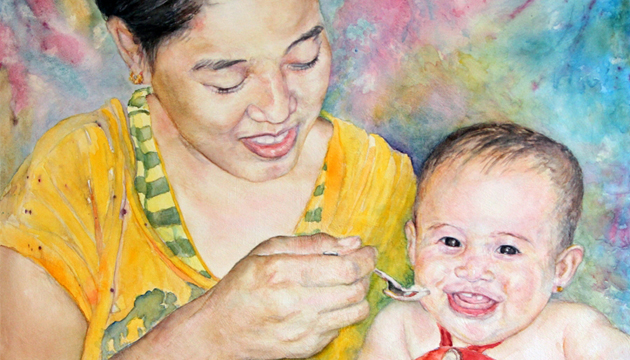August 1, 2025 — Canada is a country celebrated for its diversity and embrace of multiculturalism.
However, beneath this image lies a harsh reality for many people of colour.
Discrimination is a lived reality for a lot of racialized peoples, including Filipinos.
A 2023-2024 federal government survey revealed that 42.4 percent of Filipinos polled reported that they were discriminated against in the last five years because of their race.
The proportion could go as high as 46.4 percent and as low as 38.4 percent.
The results of the survey are contained in a report released by Statistics Canada on July 9, 2025.
The poll revealed that Koreans had the highest proportion of self-reported experiences of discrimination at 58.9 percent, followed by multiple racialized groups or those of mixed races, 55.4 percent; Blacks, 54.3 percent; South Asians, 45.5 percent; and Southeast Asians, 44.4 percent.
Compared to Filipinos, Latin Americans had a lower rate of reporting discrimination at 40.9 percent; Chinese, 40.5 percent; West Asians, 39 percent; Arabs, 38.8 percent; others, 35.7 percent; and Japanese, 33.7 percent.
The report noted that racialized immigrants were less likely than their racialized non-immigrant counterparts to report discrimination (42 percent versus 53 percent).
“That said, after adjusting for differences in socio-demographic characteristics, there were no differences in the probability of experiencing discrimination between immigrant and non-immigrant racialized Canadians.”
The study used the 2023-2024 Survey Series on People and their Communities (SSPC) to provide a profile of the self-reported experiences of discrimination against racialized people in Canada.
The paper is titled “Softening the blow of discrimination: The role of social connections in mitigating the harms associated with racism and discrimination”.
As the title indicates, the study explores the relationship of discrimination with wellbeing and perceptions of Canadian society, and how these possible effects are alleviated by the victims’ connections with their family and friends.
“Compared to victims with weak ties to family and friends, racialized Canadians who experienced discrimination and had a network of strong family and friends had higher levels of life satisfaction, as well as a reduced tendency to have a lack of hope in the unity among Canadians, how democracy works, and economic opportunities,” the study noted.
Also, strong personal relationships were “related to much lower levels of fair or poor mental wellbeing among those who experienced discrimination”.
In detail, 13 percent of people who experienced discrimination but were highly satisfied with their family relationships reported poor mental health. “This compares to 42% of victims who lacked these same supports.”
The study was done by Maire Sinha, a senior analyst with the Centre for Social Data Development and Insights at Statistics Canada.
How prevalent do racialized people feel that they were discriminated?
The study noted that almost half of racialized Canadians faced racism and discrimination in the past five years.
In particular, 45 percent of racialized Canadians aged 15 years and older in 2024 reported that they faced at least one incident of discrimination because of their race or ethnicity in the previous five years.
Across Canada, the prevalence of self-reported discrimination was highest in the Atlantic region, 54.5 percent; Prairie region, 48.8 percent; Quebec, 45 percent; and Ontario and British Columbia tied last at 43.2 percent.
“For most victims of racism and discrimination, encountering discrimination and racism was not an isolated event,” the study also stated.
Eight in 10 or 81 percent of racialized victims reported experiencing discrimination more than once in the last five years. Moreover, 68 percent said that the treatment occurred occasionally and another 13 percent said it often occurred or occurred on a daily or almost daily basis.
The colour of one’s money does not protect racialized people from discrimination.
“Results suggest that racialized Canadians of all income levels experienced discrimination, with no significant difference across income groups, meaning low, middle- and high-income racialized Canadians had similar experiences of being confronted with racism and discrimination,” the report noted.













